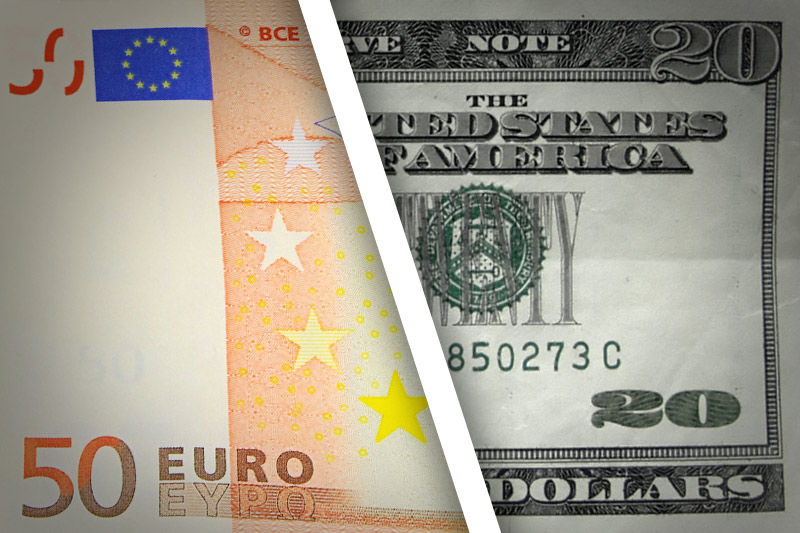Investing.com -- The euro fell considerably against the dollar reversing some of its gains from the prior three sessions, as any possibility of reaching an accord in Greek debt negotiations this week faded when IMF officials abruptly broke off talks on Thursday.
EUR/USD fell 0.0018 or 0.75% to 1.1241. The pair traded in a broad range of 1.1185 to 1.1332 on a choppy day of trading.
Officials from the International Monetary Fund on Thursday hastily ended negotiations with Greece in Brussels, amid a lack of progress. Speaking to reporters in Washington, IMF spokesman Gerry Rice said there are still key sticking points in the negotiations on pension, tax and financing considerations. IMF officials have a history of breaking off talks with Greece if they are dissatisfied with the direction of the negotiations.
"The IMF never leaves the table, the ball is very much in Greece's court," Rice said.
Greece prime minister Alexis Tsipras met with European Commission president Jean-Claude Juncker for roughly two hours on Thursday before members of the Greek bailout team left Brussels. Tsipras told reporters on Thursday afternoon that the two sides still remained far apart on a number of critical issues.
"We're working in order to bridge the remaining differences and especially the differences on fiscal and financial issues," Tsipras said. "We are working to assure an agreement which will ensure that Greece will recover with social cohesion and viable public debts."
On Wednesday evening, the parties accomplished little headway in a meeting between Tsipras, Germany chancellor Angela Merkel and France president Francois Hollande on the sidelines of the EU-CELAC summit. Earlier, reports surfaced that Merkel had been prepared to offer Greece an incremental deal if the cash-strapped nation agreed to some of the austerity measures its international creditors proposed days earlier. The reforms include: a higher imposition of taxes, the issuance of less generous retirement benefits to municipal workers and increased state asset sales, according to reports.
Despite Thursday's breakdown in talks, the IMF indicated on Thursday that managing director Christine Lagarde could be present at negotiations next week when a group of euro zone finance ministers meet in Luxembourg. Greece is running out of time before a EUR 1.5 billion obligation is due to the IMF at the end of the month.
Elsewhere, a wave of optimistic U.S. economic data pushed the dollar significantly higher. On Thursday morning, the U.S. Department of Commerce said in a monthly report that retail sales last month jumped 1.2%, above an upwardly revised 0.2% in April. Separately, the U.S. Census Bureau said business inventories ticked up by 0.4% in April, above forecasts of a 0.2% gain.
Also, the Department of Labor said there were marginal gains in initial jobless claims in the U.S. last week as the figure increased by 3,000 to 279,000. The four-week average for initial claims also remained at extremely low levels in spite of a 3,750 increase to 278,750.
In U.S. afternoon trading, the Federal Reserve announced that federal government debt contracted in the first quarter, marking its first decline since 2003. Overall, U.S. debt rose by 2.8% in the quarter, its smallest increase in four years.
The U.S. Dollar Index, which measures the strength of the greenback versus a basket of six other major currencies, gained 0.39% to 95.02.
